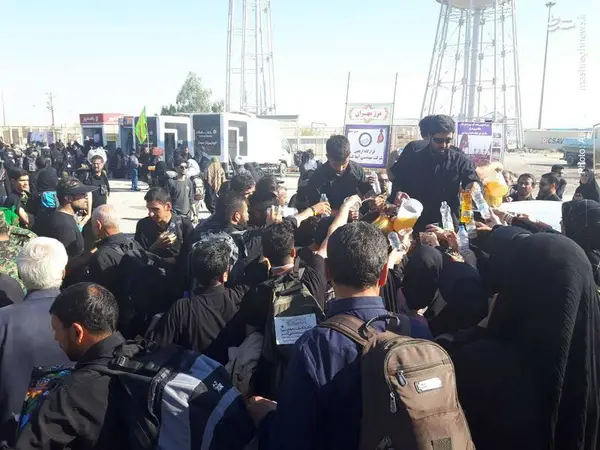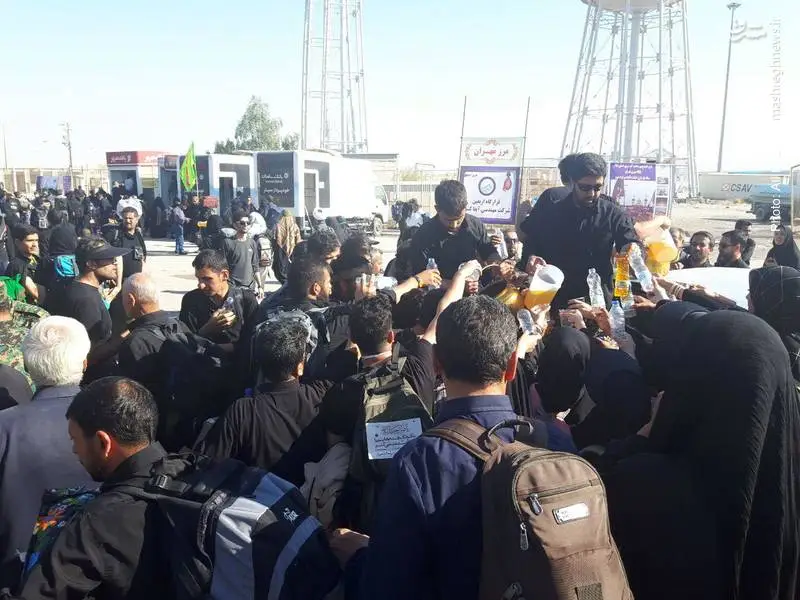The Tehran-supported pilgrimage to the Iraqi city of Karbala has been associated with confusion and chaos, lack of planning and proper facilities this year, with several Iranians dead and many hospitalized.
The representative of the northern city of Gorgan at the parliament, Ramezan-Ali Sangdavini, said on Saturday that the government's mismanagement is "evident" in the incidents during the Arbaeen ceremony, blaming authorities, the interior ministry in particular, for the mishaps and mayhem.
Earlier in the day, a commander of Iran-backed Shiite militia Hashd al-Shaabi, also known as Popular Mobilization Forces, claimed that the group thwarted a "terrorist plan to target the pilgrims in the city of Karbala." He did not provide any details about the attack or attackers.
The Iranian pilgrims, who had planned to visit Karbala in recent days, have faced other problems, such as a lack of means for transportation, that made them stay behind the borders for long hours, and lack of facilities and accommodation, which made them sleep on the streets.
The hot weather also left tens of thousands of people dehydrated and in need of medical care. Iran’s Red Crescent Society said Friday that at least nine people have died and about 10,000 people have been referred to healthcare stations with signs of heatstroke.
On Friday, Iraq and Iran closed land borders citing “worrying and serious dangerous incidents at two border crossings” as the reason.

